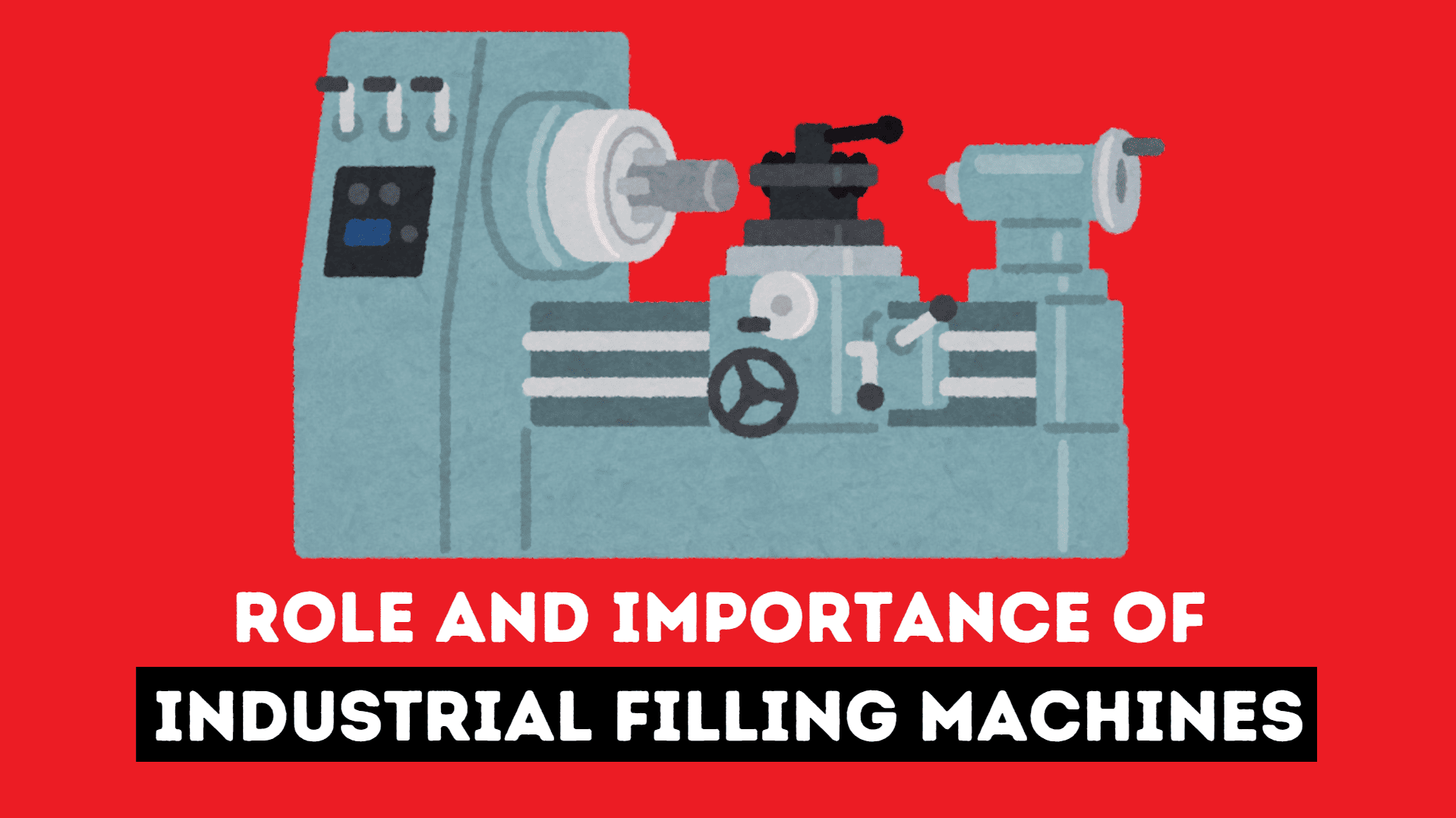In the modern industrial landscape, efficiency and precision are paramount. Among the myriad of equipment that facilitate these objectives, filling machines stand out as essential components in various production lines. These machines are designed to handle the task of filling containers with a specific quantity of product, ensuring consistency and accuracy. From food and beverages to pharmaceuticals and cosmetics, filling machines are integral to the manufacturing process, helping businesses maintain quality control and meet consumer demands. This article delves into the world of industrial filling machines, exploring their functions, applications, and the benefits they bring to different industries.
What Are Industrial Filling Machines?
Industrial filling machines are specialized equipment used to fill containers with a predetermined amount of product. These machines are engineered to handle a wide range of materials, including liquids, powders, granules, and pastes. The primary function of a filling machine is to ensure that each container receives the exact amount of product, minimizing waste and maximizing efficiency. Filling machines come in various types, each designed to cater to specific product characteristics and production requirements.
For instance, liquid filling machines are commonly used in the beverage industry to fill bottles with water, juices, or carbonated drinks. These machines can be further categorized into volumetric, gravimetric, and overflow filling machines, each offering unique advantages depending on the viscosity and nature of the liquid being filled. Similarly, powder filling machines are employed in industries dealing with dry products such as flour, spices, and pharmaceuticals. These machines often utilize auger or vacuum filling mechanisms to ensure precise filling.
One of the key advantages of industrial filling machines is their ability to enhance production speed while maintaining accuracy. By automating the filling process, manufacturers can significantly reduce labor costs and increase output. Moreover, these machines are equipped with advanced features such as programmable logic controllers (PLCs) and touch-screen interfaces, allowing operators to easily adjust settings and monitor the filling process.
Where Are Industrial Filling Machines Used?
Industrial filling machines find applications across a diverse range of industries, each with its own set of requirements and challenges. In the food and beverage sector, filling machines are indispensable for bottling operations, ensuring that products are filled hygienically and efficiently. The pharmaceutical industry relies heavily on filling machines to accurately dispense medications into vials, syringes, and blister packs, adhering to stringent regulatory standards.
In the cosmetics industry, filling machines are used to fill containers with creams, lotions, and other personal care products. These machines are designed to handle products with varying viscosities, ensuring that each container is filled to the correct level without spillage or contamination. Additionally, the chemical industry utilizes filling machines to handle hazardous materials, ensuring safe and precise filling operations.
For more information on the types of filling machines available and their specific applications, you can visit this link.
Benefits of Using Industrial Filling Machines
The adoption of industrial filling machines offers numerous benefits to manufacturers, contributing to improved productivity and product quality. One of the most significant advantages is the reduction in human error. By automating the filling process, manufacturers can ensure consistent product quality, reducing the likelihood of underfilling or overfilling containers.
Furthermore, filling machines enhance operational efficiency by increasing the speed of production lines. This allows manufacturers to meet high demand without compromising on quality. The precision offered by these machines also leads to cost savings, as they minimize product wastage and reduce the need for manual labor.
Another benefit of filling machines is their versatility. With the ability to handle a wide range of products and container sizes, these machines can be easily integrated into existing production lines. This flexibility allows manufacturers to adapt to changing market demands and expand their product offerings without significant investment in new equipment.
In conclusion, industrial filling machines play a crucial role in modern manufacturing, offering a range of benefits that enhance efficiency, accuracy, and product quality. As industries continue to evolve, the demand for advanced filling solutions is expected to grow, driving innovation and development in this essential sector.

